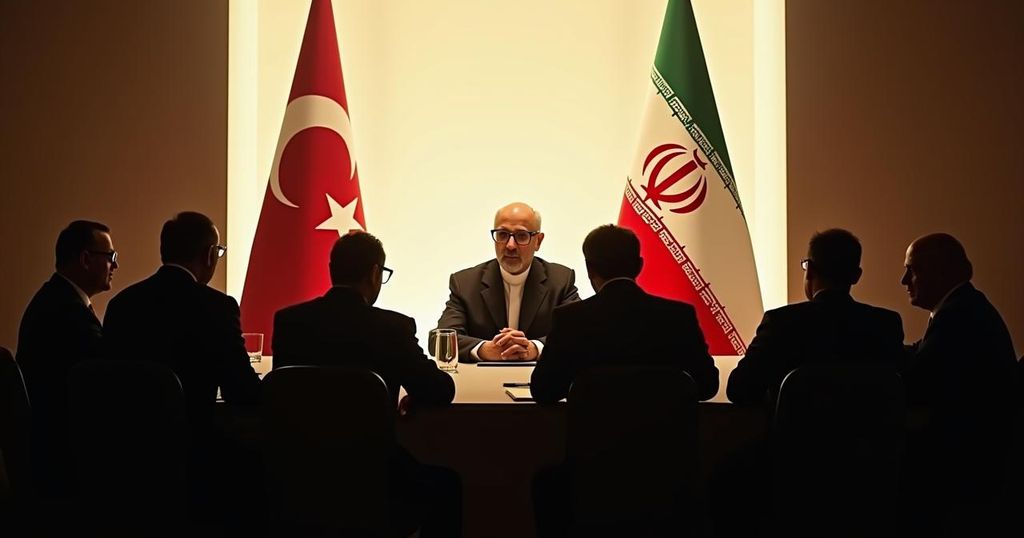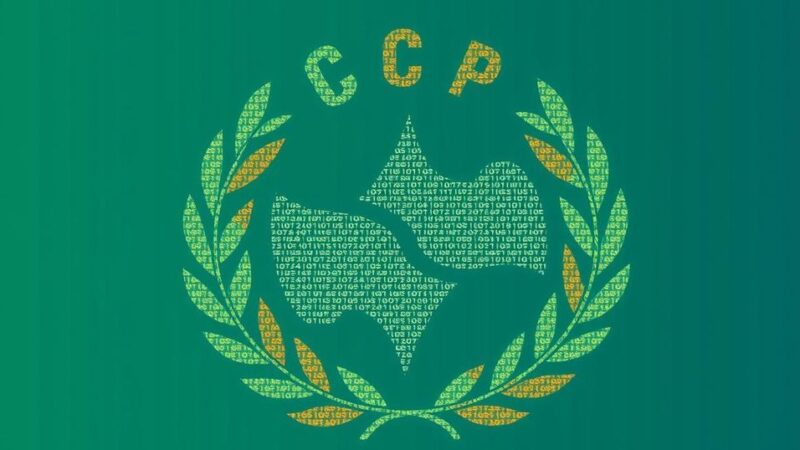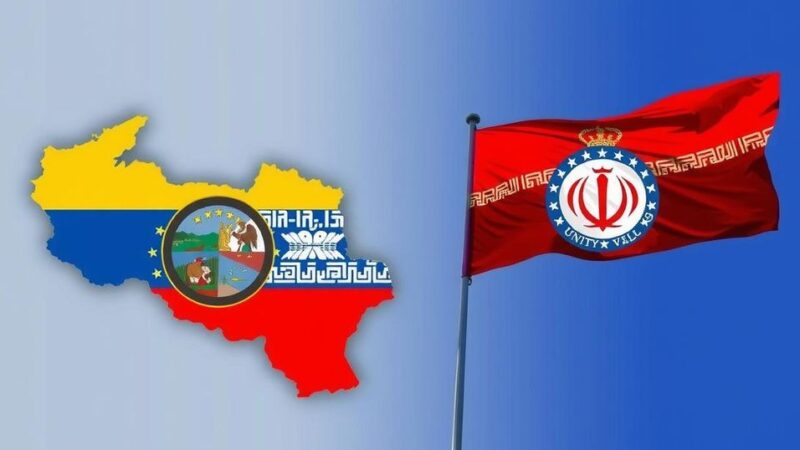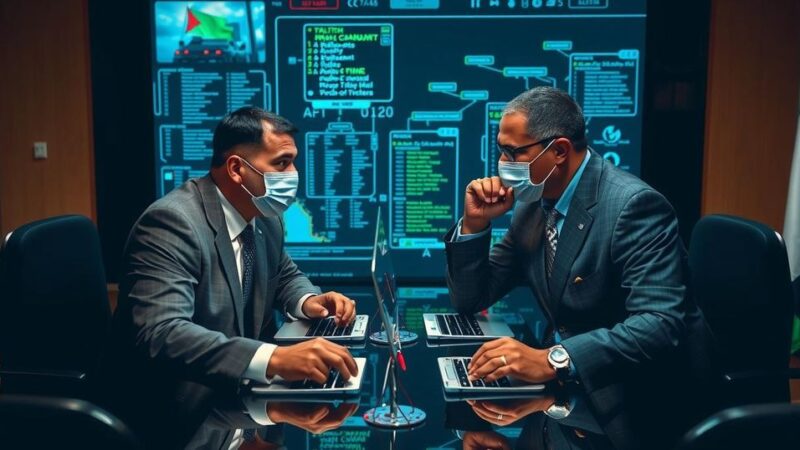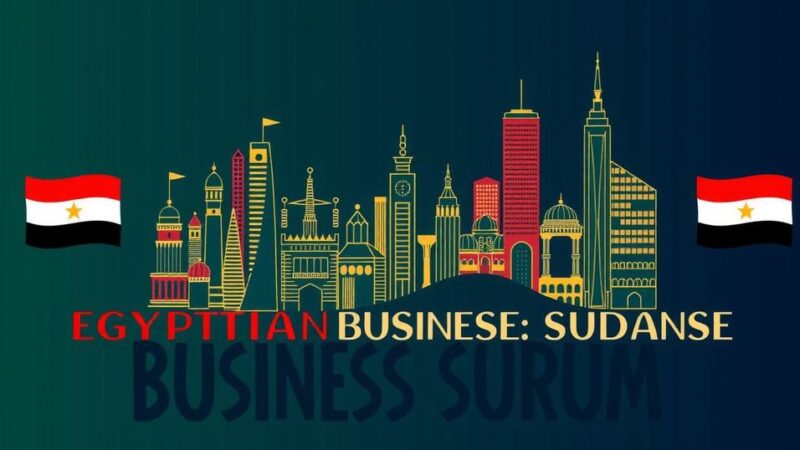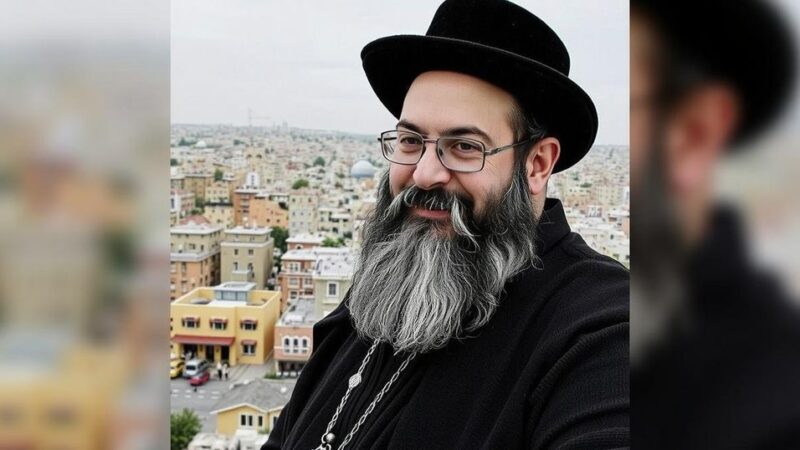Iranian Foreign Minister Abbas Araghchi’s visit to Beirut follows Iran’s missile attacks on Israel and escalates tensions in the region. Simultaneously, a summit in Doha indicates a possible amelioration of relations between Iran and the Gulf states, while ongoing violence raises significant humanitarian concerns in Lebanon.
Iranian Foreign Minister Abbas Araghchi arrived in Beirut on Friday amidst escalating tensions following Iran’s missile attacks on Israel and recent Israeli airstrikes in Lebanon. Araghchi is expected to engage with Lebanon’s caretaker Prime Minister Najib Mikati and Parliament Speaker Nabih Berri, a known ally of Hezbollah. This visit aligns with a significant two-day summit in Doha, where Iranian officials met with leaders from the Gulf Cooperation Council (GCC), reflecting a potential thaw in relations between Tehran and Riyadh. During discussions in Doha, President Masoud Pezeshkian of Iran expressed a desire to enhance bilateral relations with Saudi Arabia, stating, “We consider Islamic countries, including Saudi Arabia, as our brothers, and we emphasise the importance of setting aside differences to enhance cooperation”. Saudi Foreign Minister Faisal bin Farhan echoed this sentiment, aiming to mend ties with Iran and resolve outstanding issues. Reports indicate that the GCC member states declared their neutrality concerning the ongoing conflict between Iran and Israel, particularly in light of past attacks threatening Saudi oil infrastructure. The backdrop to these diplomatic efforts includes a surge in hostilities following Iran’s largest missile assault on Israel, framed by Iranian officials as retribution for prior assassinations, including that of a Hezbollah leader. The Israeli government has retaliated with calls for significant countermeasures against Iranian positions, with Iranian authorities asserting that they have sent warnings to the U.S. through diplomatic channels regarding their readiness to respond to any aggression. Moreover, Iranian Supreme Leader Ali Khamenei recently justified the missile strikes on Israel as a rightful defensive act against aggression in Lebanon and Gaza, declaring a unified adversary among regional oppressors. As of now, the casualty figures from ongoing conflicts indicate substantial losses on both sides, with frequent eruptions of violence impacting civilians and infrastructure. Meanwhile, the humanitarian situation in Lebanon remains dire, with a steep increase in shelter occupancy due to Israeli bombardments, leading many to seek refuge outdoors.
The escalation of violence between Iran and Israel has been driven by historical sectarian tensions, territorial disputes, and recent assassinations of key militant leaders. Iran’s military responses are often framed as defensive actions against perceived aggressions from Israel, while both nations have engaged in verbal and unofficial exchanges of threats. The Gulf Cooperation Council’s position plays a critical role in regional politics, especially considering the economic implications of oil production and security in relation to military conflicts. The shifting dynamics between Iran and Gulf states signal both geopolitical rivalries and potential pathways for diplomacy, often influenced by broader international relations and domestic pressures within each state.
In conclusion, the visit of Iranian Foreign Minister Abbas Araghchi to Beirut underscores the volatile interplay of regional politics involving Iran and Israel, amidst efforts from Gulf states to maintain neutrality. The discussions in Doha highlight a potential rapprochement between Iran and Saudi Arabia, hinting at evolving diplomatic relations that may affect the broader Middle Eastern landscape. However, the ongoing violence and significant civilian casualties continue to pose humanitarian challenges, necessitating urgent attention from the international community.
Original Source: www.middleeasteye.net
